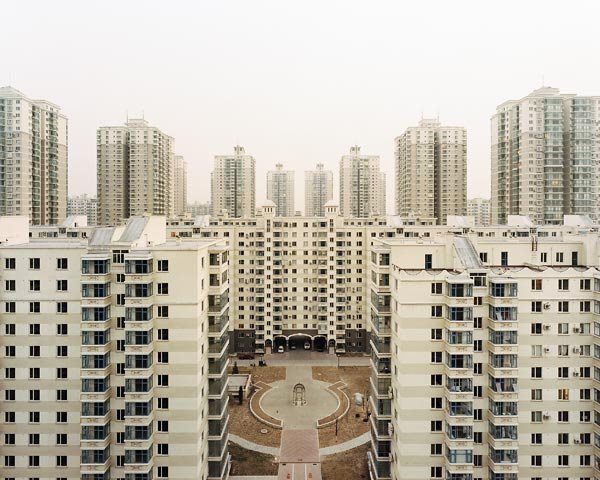One million text messages. That's how residents of China's port city of Xiamen spread word to protest -- and eventually halt -- construction of a chemical plant on Thursday, according to local news reports. The $1.4 billion facility was meant to produce the petrochemical paraxylene, exposure to which can cause eye, nose or throat irritation, affect the central nervous system and may cause death. Though international standards dictate that such a plant should be 100 km from the nearest city, the short text messages that mobilized Xiamen's smart mob warned the factory would have been only 16 km away.
While the central government is clearly showing more interest in protecting the environment, local governments, eager to cut corners in the name of economics, are helping block the path to sustainable development. But the Xiamen protests, thousands of people strong, are the latest sign of people power in China, where tens of thousands of protests over tainted land and water are recorded every year, threatening the government's dream of a "harmonious society" while pointing the way forward for environmental action in a place that seriously needs some.
That local officials in Xiamen reportedly began blocking text messages too in an attempt to stem the protests, and that the protests continued apace, is an indication that, try as it might, China's authoritarian controls simply can't keep up with the power of cell phones blogs, bulletin boards, and the smartmobs they might create. (Local governments are getting into the SMS act themselves, using text messages to warn citizens of floods and even stop protests.)
Clearly, stopping protests just isn't possible the way it used to be. Between increasing countryside unrest (there may be nothing scarier to the government) and deadly pollution (China's rural cancer rate rose by 23 percent in the past two years, and more than 70 percent of the country's waterways and 90 percent of its underground water are contaminated by pollution) something's gotta give.
Since the plant's not been completely scrapped, residents are still protesting, according to Reuters. And the more word spreads, the more likely it is that protests will continue elsewhere too. An large expansion of a chemical plant in the southeastern city of Quanzhou that produces paraxylene and other chemicals was announced in March, funded by China's No. 2 oil company, Sinopec, Saudi Aramco, the Saudi government oil company, and ExxonMobil Corp. Paraxylene is a key material in polyethylene terephthalate (PET) saturated polyester polymers--the stuff of which the world's plastic bottles are made.
Sunday, June 10, 2007
Subscribe to:
Post Comments (Atom)

No comments:
Post a Comment